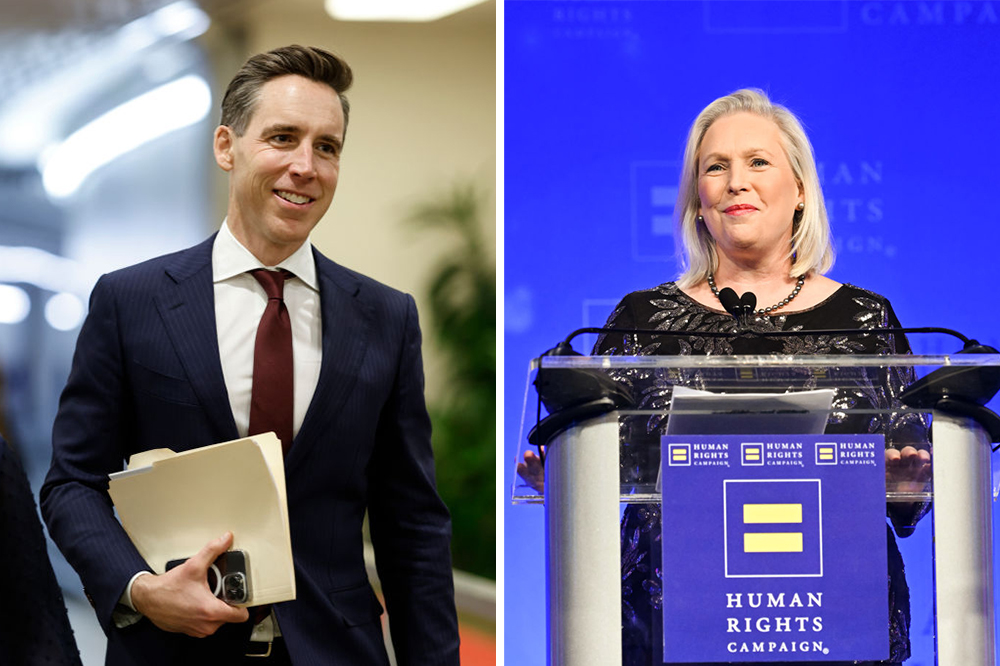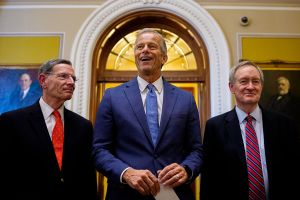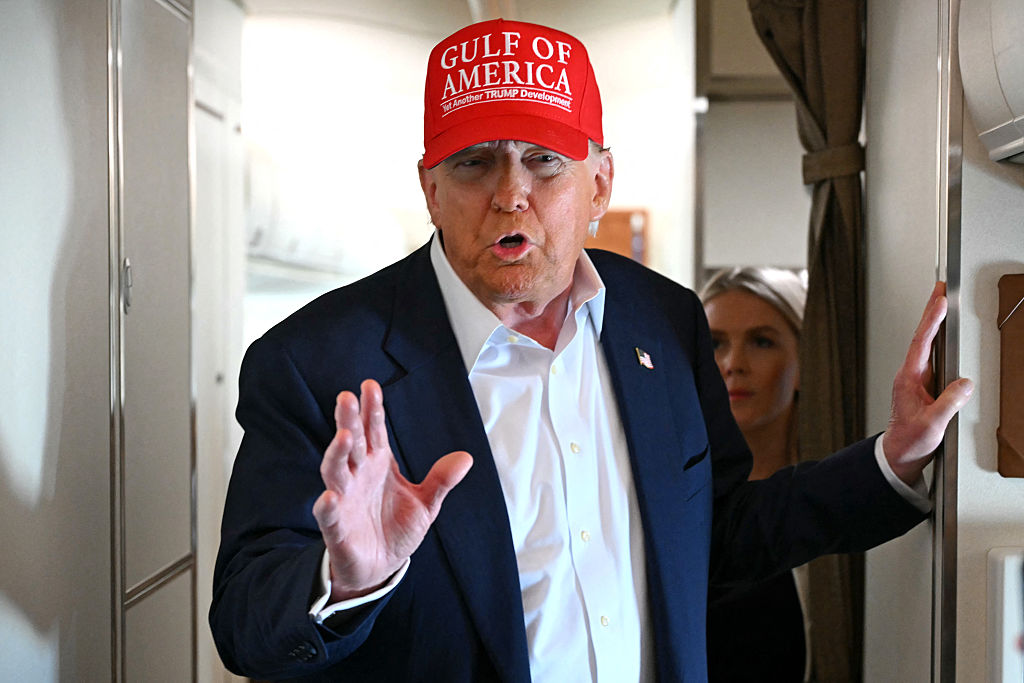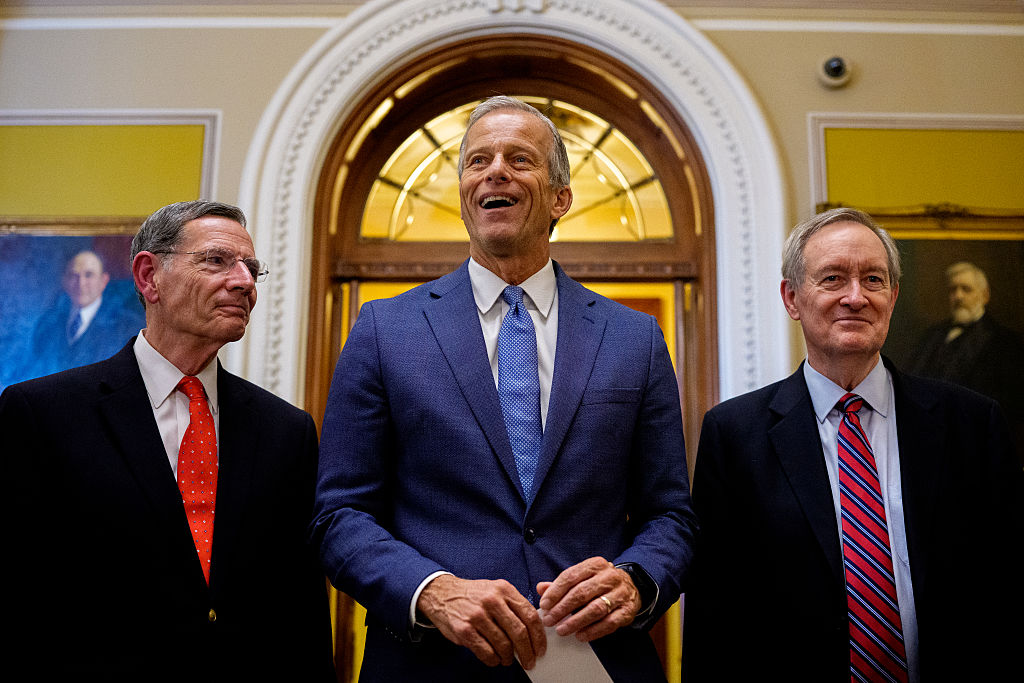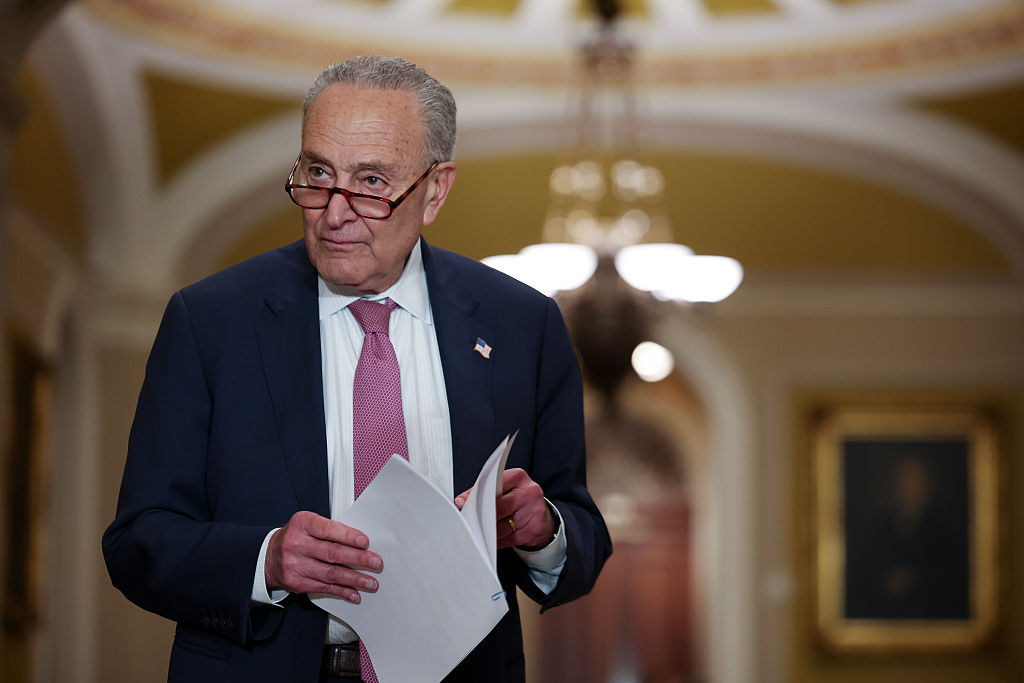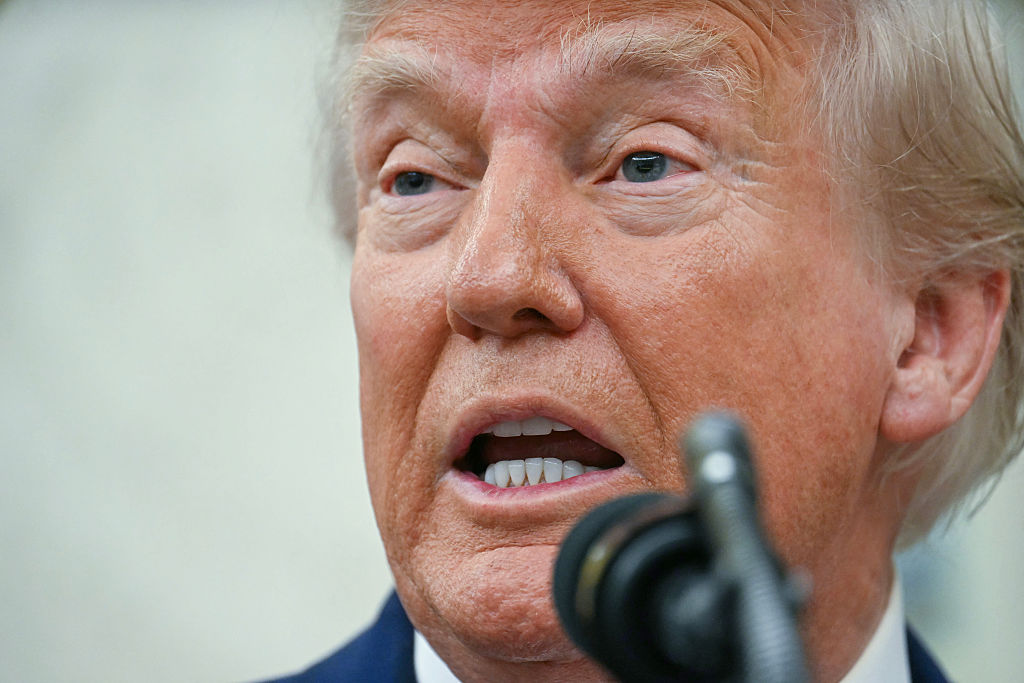Trying to make horseshoe theories of left-right politics happen is harder than it seems. Much as the topic of a political realignment has dominated discussion in Washington since the rise of Donald Trump, there has always been something missing: actual legislation to prove such a realignment is possible as policy. I included this point in my piece on the New Right this spring:
One astute observer of national politics, supportive of the New Right’s goals, told me he believes the real fault is the lack of a single clear legislative victory. Until those focused on realignment are actually able to shift the internal priorities of enough Republicans and Democrats so such legislation is achievable, politicians will revert to their prior assumptions about the ways coalitions work and voters behave.
In the aspirational view of such a project, this legislation would be focused on taxes, education or healthcare policy — something that would have an impact on working families across the country. But failing that, what about focusing on Congress instead?
Josh Hawley and Kirsten Gillibrand are now taking that tack, with a proposal to ban the president, vice president, executive branch employees and Congress — including both members and aides — from owning any individual stocks, even if held in blind trusts. The ban would extend to spouses and children as well, and includes significant penalties and sunlight requirements. Polls find the idea to be overwhelmingly popular. Per the Wall Street Journal:
Lawmakers and their aides are currently permitted to own and trade individual stocks as long as they don’t make investment decisions based on nonpublic information they learn from their jobs in Congress. Under the new bill, members of Congress would face a penalty of at least 10 percent of the value of the prohibited investments for not complying with the ban.
A poll released Wednesday by the University of Maryland’s Program for Public Consultation found that 80 percent of voters support a ban on stock ownership by members of Congress, the president, vice president, Supreme Court justices and their families. The survey of 2,625 registered voters has a margin of error of plus or minus 1.9 percent.
This is a good test case for whether such horseshoe theories can actually find support in Congress — a broadly popular idea, populist in nature, with a Democrat and a Republican both up for re-election pushing for it should be something taken up in an era of distrust for institutions and elites. We’ll see whether it goes anywhere. If so, the Pelosi family will be hardest hit.



